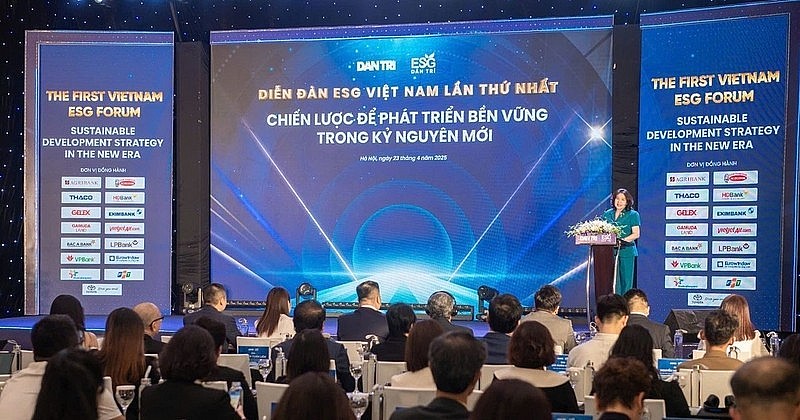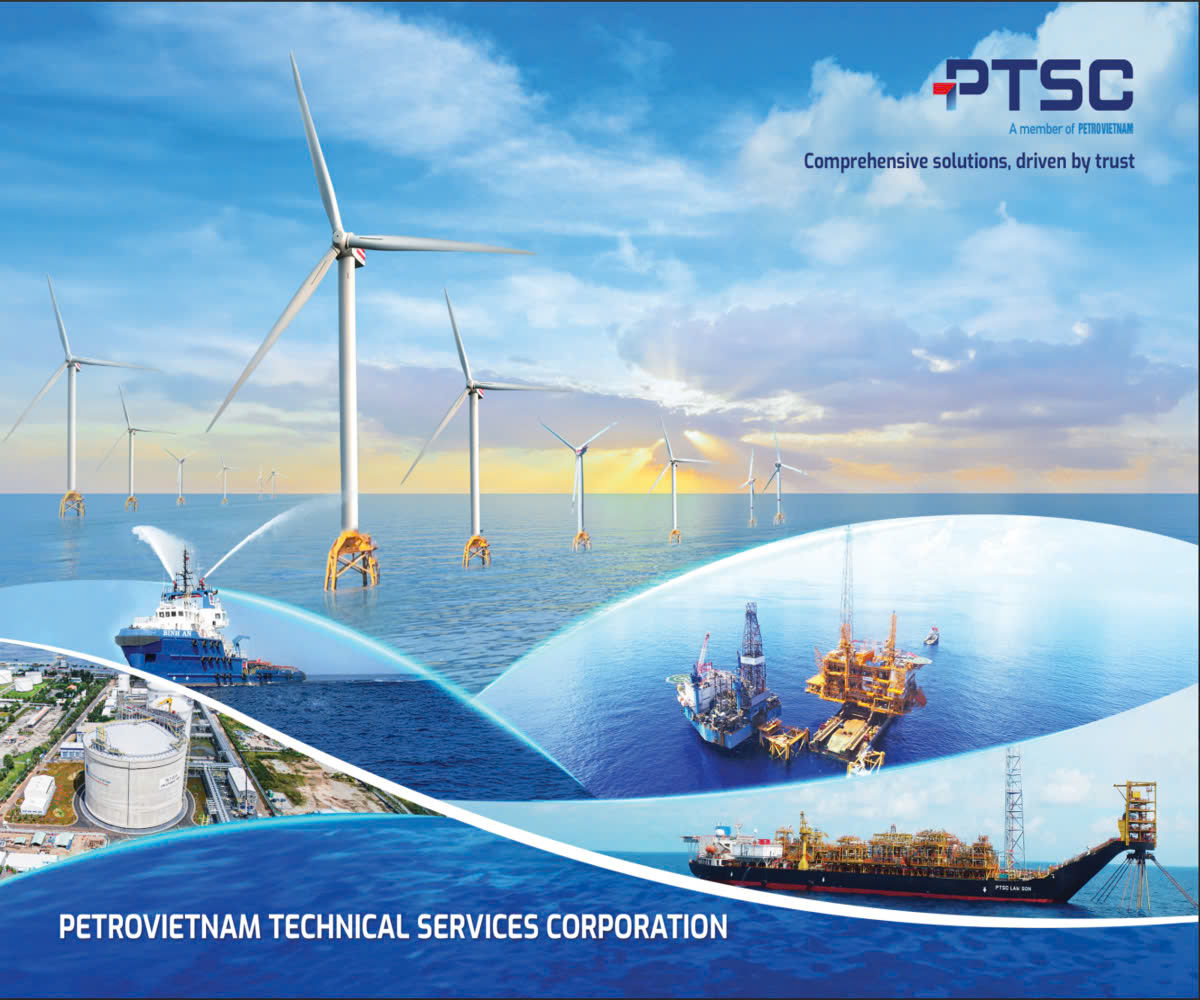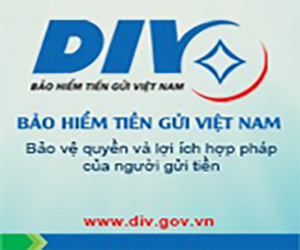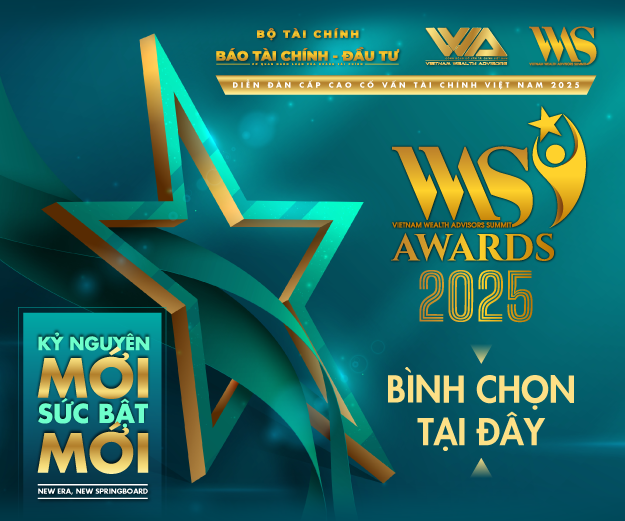 |
| Deputy Minister of Home Affairs Nguyen Thi Ha |
Speaking at the inaugural Vietnam ESG Forum themed “Sustainable Development Strategy in the New Era”, held by Dan Tri Newspaper in Hanoi on April 23, Deputy Minister Nguyen Thi Ha stated that ESG has become an inevitable global trend and an essential metric for sustainable development of both enterprises and nations.
Investors, consumers, and communities are increasingly factoring these three pillars into their decision-making. “Enterprises that perform well in ESG standards will gain a competitive advantage, attract investment, and build sustainable credibility,” emphasised Deputy Minister Nguyen Thi Ha.
The deputy minister affirmed that the Vietnamese Government consistently regards sustainable development as a core objective in its socio-economic development and has issued numerous guidelines and policies to encourage businesses to adopt ESG practices, protect the environment, ensure social welfare, and enhance governance capacity.
With the forum’s theme of “Sustainable Development Strategy in the New Era”, the Ministry of Home Affairs leadership considered the Vietnam ESG Forum a valuable opportunity for stakeholders to exchange ideas and discuss urgent issues.
The first issue raised by Deputy Minister Nguyen Thi Ha was how Vietnamese businesses, especially small and medium-sized enterprises, can access and implement ESG effectively. In practice, this requires practical solutions tailored to the conditions and capabilities of each type of business.
The second challenge concerns human resources: How can a sustainable workforce be developed, equipped with the skills and knowledge needed to meet the demands of a green and circular economy?
The third issue is the need for a long-term vision that places science and technology at the heart of governance and sustainable development. According to the deputy minister, science and technology, with their transformative power, hold the key to a future where environmental issues are effectively addressed, resources are optimally utilised, and quality of life is improved through environmentally friendly products and services.
A domestic ESG network is needed
Speaking at the forum, Nguyen Van Khoa, General Director of FPT, proposed that the government issue a national legal framework and ESG standards. He affirmed that FPT is ready to collaborate in standardising ESG indices that align with both Vietnamese conditions and international benchmarks.
In parallel, he recommended promoting green finance and preferential capital to support ESG implementation, thereby easing the financial burden on small and medium-sized enterprises.
FPT’s representative also stressed the need to establish a domestically led ESG network.
He further suggested building a national ESG ecosystem by integrating ESG into products and services, incorporating ESG into education, and raising awareness. “ESG is not an accessory, not a trend, but it is an advantage,” Khoa remarked.
Nguyen Tien Huy, Director of the Office for Business Sustainable Development under the Vietnam Chamber of Commerce and Industry (VCCI), stated that Vietnam must prioritise several systemic strategic solutions in order to balance economic growth with sustainable development amidst growing ESG and green transition pressures.
First, it is necessary to reshape the growth model towards one that is quality-driven, innovative, and sustainable, rather than reliant on natural resource exploitation, cheap labour, and processing for export. Green economy sectors, circular economy, high-tech agriculture, and clean industry should be identified as central drivers.
Second, strong investment is required in green transition infrastructure and digitalisation. This includes expanding renewable energy, upgrading smart transport systems, modern waste treatment, and applying digital technology to measure and manage ESG data.
At the same time, Vietnam needs to develop a coherent national ESG policy framework to provide a foundation for enterprises to implement, report, and receive support along a clear roadmap, avoiding the situation of being left to “swim on their own” or blindly follow international standards without domestic guidance.
Another equally important solution is the development of a green workforce by reskilling and upskilling existing workers and integrating sustainable development content into education.
In addition, the financial system should be reformed to promote green credit, sustainable bonds, and ESG investment funds to mobilise resources for enterprises, particularly SMEs.
Finally, enhancing institutional capacity and law enforcement will be the leverage to ensure consistency, transparency, and effectiveness of all policies.
“With a synchronised set of solutions, Vietnam can maintain economic growth momentum while transitioning to a truly sustainable and highly adaptable development model for the future,” said Nguyen Tien Huy.
As part of the Vietnam ESG Forum, the inaugural Vietnam ESG Awards took place, honouring 31 enterprises and organisations with outstanding achievements in implementing ESG criteria.
Of these, 10 were recognised in the Comprehensive ESG category (the highest-performing businesses encompassing all Environmental, Social, Governance values), namely: Vietnam Dairy Products Joint Stock Company (Vinamilk); Bank for Investment and Development of Vietnam (BIDV); Mobile World Investment Corporation; Dabaco Group JSC; Development Investment Construction Corporation (DIC Group); Super Truong Phat Plastic Group JSC; Vietnam Prosperity Commercial Joint Stock Bank (VPBank); Vinfast Manufacturing and Trading JSC; Asia Commercial Bank (ACB); and Gia Lai Electricity JSC./.

















































